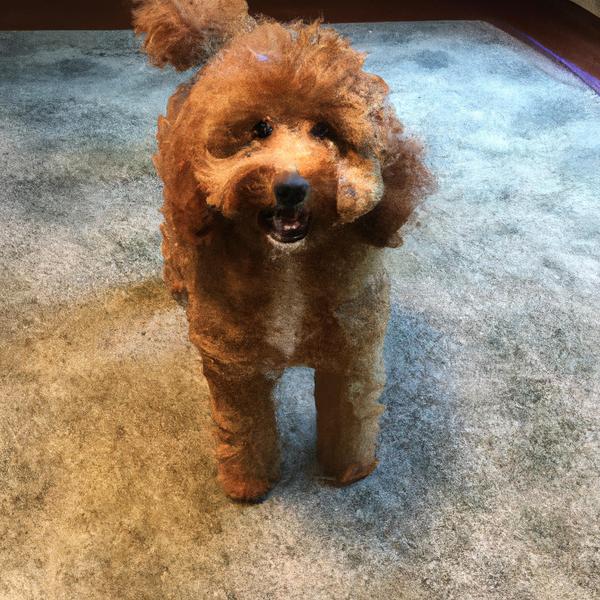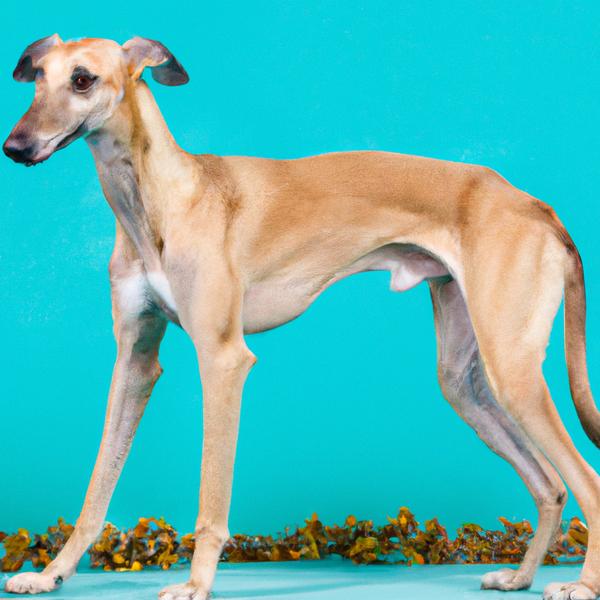Papi-poo vs. Sloughi: Breed Differences and Similarities
Hypoallergenic
Are Papi-poos or Sloughis hypoallergenic, or neither?
Unfortunately, neither Papi-poo nor Sloughi are hypoallergenic, which may not make them the best choice for dog lovers who suffer from pet allergies.
Temperament
What are the personalities of Papi-poo and Sloughi dogs?
Active
Happy
Energetic
Alert
Intelligent
Friendly
Trainable
Faithful
Instinctual
Alert
Intelligent
Independent
Sweet
Faithful
Sensitive
Playful
Shedding Level
Do Papi-poos shed more than Sloughis, or which breed sheds more, Papi-poos or Sloughis?
Papi-poos shed very little hair, making them a great choice for those who dislike excess hair in the house.
Sloughis are moderate shedders, but regular brushing can reduce shedding and maintain coat health.
Watchdog Ability
Which dog breed makes a better watchdog, the Papi-poo or Sloughi?
Papi-poos aren't great guard dogs; they tend to just watch without taking action.
Choose a Sloughi if you want a top-notch watchdog. This breed takes guarding seriously, and may not require much training, though obedience or guard dog training can improve their skills.
Origin
What is the origin of Papi-poo and Sloughi dog breeds?
United States
North Africa
Ancestry
What are the origins of Papi-poo and Sloughi breeds?
Poodle and Papillon
sight hound
Date of Birth
When were Papi-poo and Sloughi breeds first developed?
1990s
ancient times
Litter Size
What is the usual litter size for Papi-poo and Sloughi?
A Papi-poo can have a litter of 2-4 puppies on average. However, it's worth noting that the size of the litters can vary greatly. Factors that can influence litter size include the health of the mother, breeding history, and genetics.
A Sloughi can have a litter of 12-15 puppies on average. However, it's worth noting that the size of the litters can vary greatly. Factors that can influence litter size include the health of the mother, breeding history, and genetics.
Adaptability
Papi-poos are highly adaptable and versatile, making them excellent companions for families and individuals of all lifestyles.
Sloughis struggle with new environments and lifestyle changes, preferring familiarity.
Health Issues
Between Papi-poo and Sloughi, which breed is more prone to health problems?
While the Papi-poo breed is generally healthy, occasional vet check-ups are still necessary to address any health concerns.
Sloughis are susceptible to health issues like all breeds, so it's important to monitor their health and seek veterinary care when needed.
Major Concerns
What are the major health concerns for Papi-poo and Sloughi breeds?
Epilepsy
Von Willebrand's Disease
Hypothyroidism
Addison's Disease
Legg-Calve Perthes Disease
Collapsed Trachea
Hypothyroidism
Minor Concerns
What minor health issues should be kept in mind when owning Papi-poo and Sloughi?
Patellar Luxation
Hypoglycemia
Eye Problems
Progressive Retinal Atrophy
Bloat
Anesthesia Sensitivity/Allergy
Occasional Tests
What occasional tests are recommended for Papi-poo and Sloughi breeds?
Optical Examination
Buccal Mucosal Screening
Full Physical Examination
Blood Work and Urine Tests
Full Chemistry Panel Tests and Blood Count
Physical and Neurologic Examination
Blood Tests and Analysis
X-rays or other radiographic imaging
Echocardiography (ultrasound)
ACTH Test
Thyroid Tests
X-Rays
Eye Examination
Allergy Tests
Energy
How do the energy levels of Papi-poos and Sloughis compare?
Papi-poos' high energy levels make them unsuitable for a low-key dog, choose accordingly.
Sloughis thrive on an active lifestyle due to their high-energy nature.
Social Needs
Papi-poo vs Sloughi social needs comparison
Papi-poo has very high social needs and requires regular mental and physical stimulation, a job or purpose, and companionship.
Sloughi has average social needs and is less independent than other breeds.
Exercise Needed
Papi-poo vs Sloughi exercise need comparison.
Papi-poos need only a small amount of physical activity, ideal for busy or elderly people or those with limited space.
Sloughis need moderate physical activity and are great for families and active individuals.
Sleeping Need
Which of the two sleeps the most/least: Papi-poo or Sloughi?
Papi-poos sleep less than other breeds but still need adequate sleep for good health.
Sloughis are active and require sufficient sleep to stay healthy.
Tendency to Bark
Do Papi-poos or Sloughis bark more/less frequently?
Compared to most other breeds, Papi-poo and Sloughi tend to be less vocal and bark less frequently. They typically only bark when necessary, such as to communicate or alert their owner, and do not bark excessively, especially when left alone.
Mouthiness
Mouthiness Comparison: Papi-poo vs Sloughi?
Roaming urge
Papi-poo vs Labrador: Running away tendency?
Prey Drive
Papi-poo or Sloughi - which breed has a higher level of prey drive?
Tolerance of being left alone
Grooming
Which breed is easier to maintain in terms of grooming, Papi-poos or Sloughis?
Papi-poos require significant grooming, including regular trims and professional grooming assistance to maintain their coat. They may also require frequent bathing to keep their coat and skin healthy.
The Sloughi is a low-maintenance breed that doesn't require much grooming.
Intelligence
Comparing Intelligence: Papi-poos vs Sloughis
Papi-poo is highly intelligent and very trainable.
Sloughis are average in obedience intelligence but have a high IQ and may cause trouble if left unsupervised.
Sensitivity Level
How do Papi-poo and Sloughi compare in sensitivity?
These breeds are more sensitive than others and easily overwhelmed by new surroundings and people. Papi-poo and Sloughi need gentle handling and a calm, stable home environment with positive reinforcement training.
Affection Dependance
Which is the more affectionate dog breed: Papi-poo vs Sloughi?
Apartment Friendly
Which breed is more apartment-friendly: Papi-poo or Sloughi?
Papi-poo and Sloughi are apartment-friendly dog breeds. They can do perfectly well in apartments providing they are sufficiently exercised and taken out and about as part of their owner's daily lifestyle.
Child Friendly
Do Papi-poos or Sloughis have a friendlier temperament towards children?
Papi-poos make excellent family pets for kids due to their gentle, protective nature and calm temperament.
Sloughis are good with kids if socialized and trained from a young age.
Senior-friendly
Which dog is more suitable as a pet for the elderly - Papi-poo or Sloughi?
Cat Friendly
Do Papi-poo or Sloughi breeds have a better compatibility with cats?
Papi-poos are very friendly with cats and make great companions for them.
Sloughis are not cat friendly.
Dog Friendly
Which breed is more sociable with other dogs: Papi-poo or Sloughi?
{Papi-poos and Sloughis are average friendly towards other dogs. If they are raised with other dogs, they are likely to get along with them. And, if they are socialized properly from a young age, they will usually be great with other dogs.
Pet friendly
How do Papi-poo or Sloughi dogs interact with other pets?
Stranger Friendly
Which breed is more friendly with strangers: Papi-poo or Sloughi?
Papi-poos are highly friendly around strangers.
Sloughis are quick to announce strangers and can be standoffish or suspicious.
Playfulness
Which breed is more playful between Papi-poo and Sloughi?
Papi-poos are very playful, so adopting an older one might be a better option for a more relaxed experience.
Sloughis have an average level of playfulness, enjoying playtime like most dogs but not excessively so.
Trainability
How do the trainability levels of Papi-poos and Sloughis compare?
Papi-poos are popular for their ease of training and quick learning ability.
Sloughis are usually easy to train but require consistency to fully obey commands.
Compare Papi-poo with other breeds
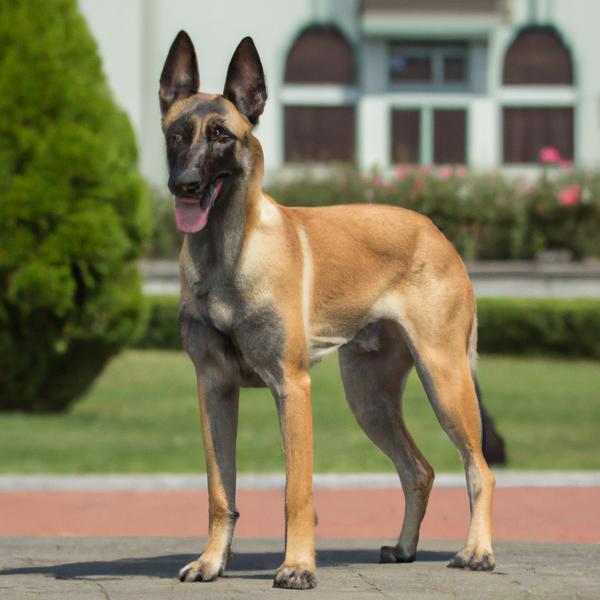
Belgian Malinois
Papi-poo vs Belgian Malinois
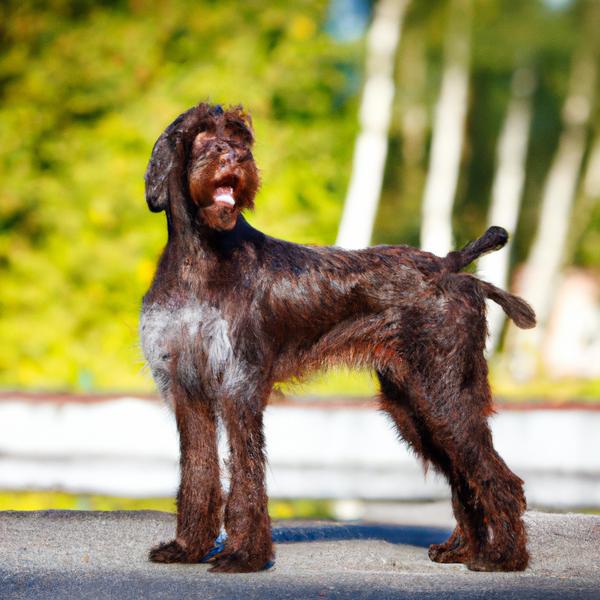
Irish Russian Spanterrier
Papi-poo vs Irish Russian Spanterrier
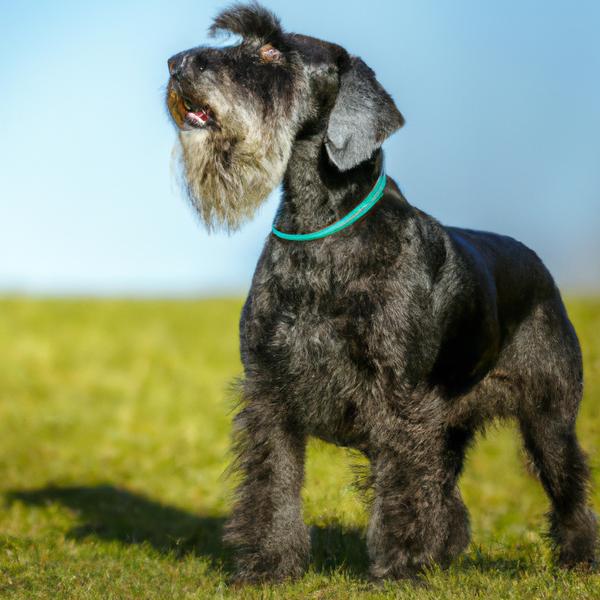
Schnocker
Papi-poo vs Schnocker
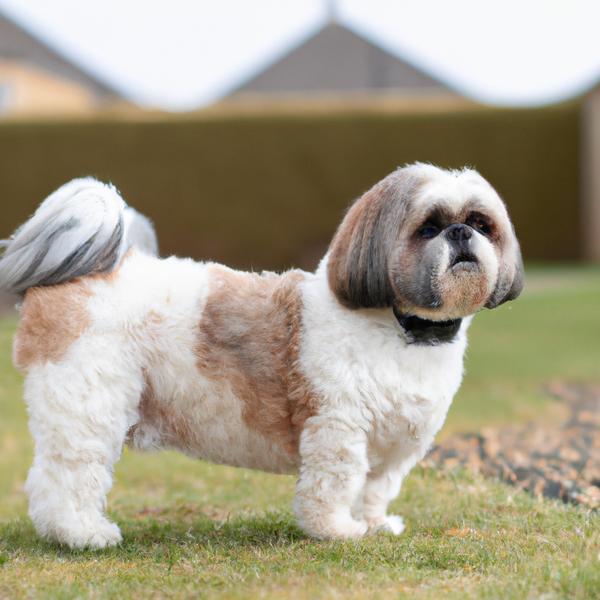
English Lhasa Bull
Papi-poo vs English Lhasa Bull
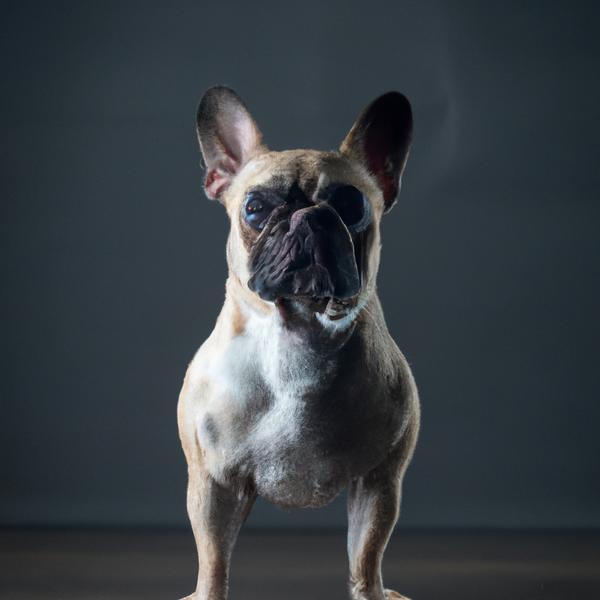
French Pin
Papi-poo vs French Pin
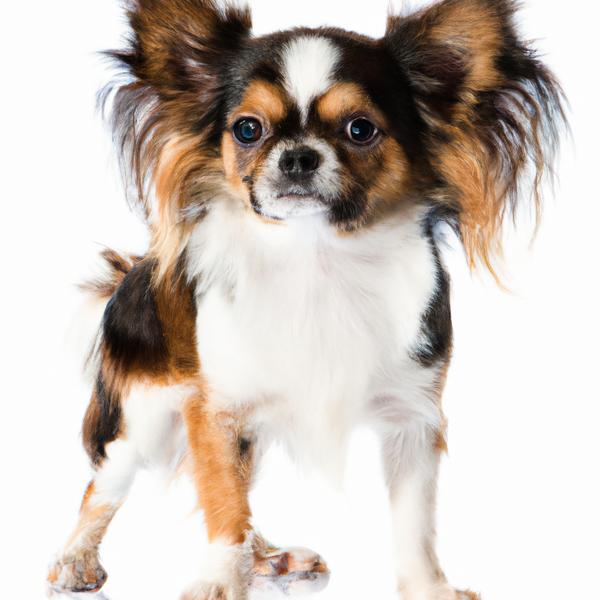
Chi-Spaniel
Papi-poo vs Chi-Spaniel
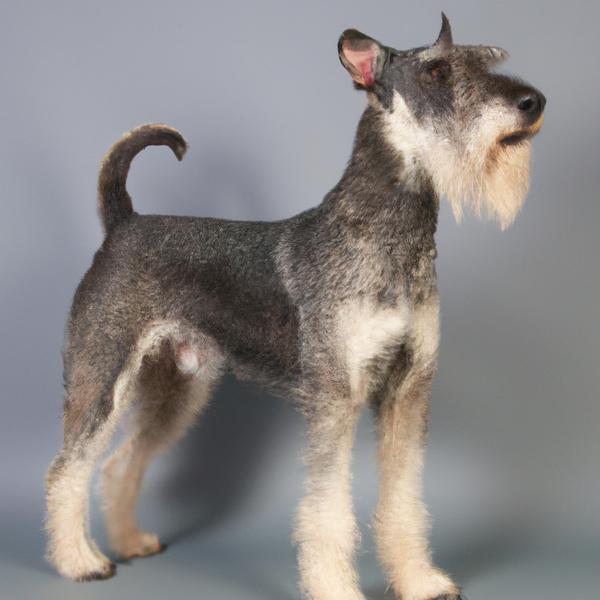
Standard Ratzer
Papi-poo vs Standard Ratzer
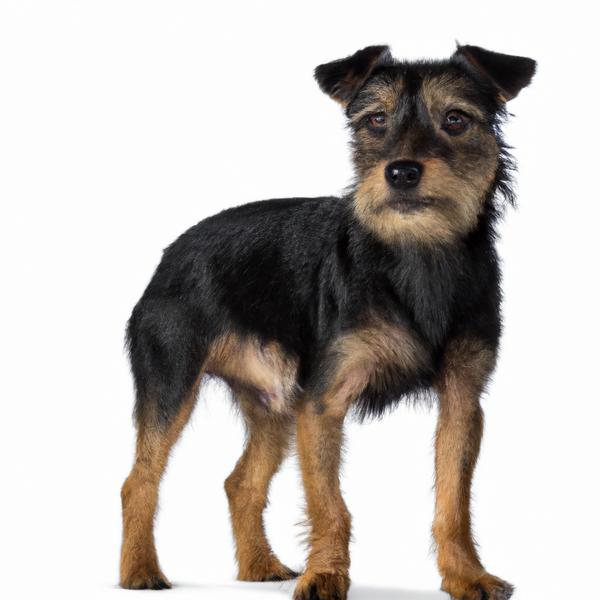
Ratshire Terrier
Papi-poo vs Ratshire Terrier
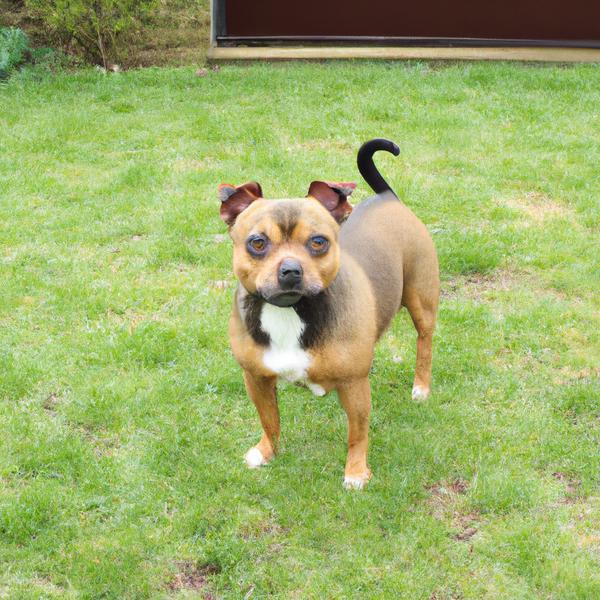
Chi Staffy Bull
Papi-poo vs Chi Staffy Bull
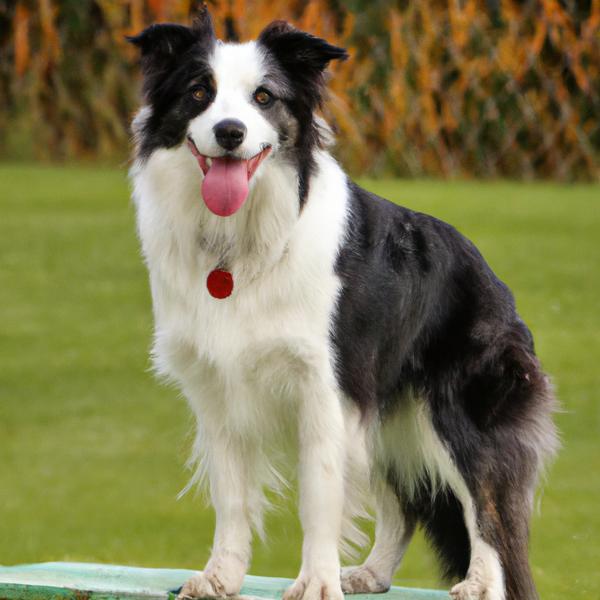
Border Collie Britt
Papi-poo vs Border Collie Britt
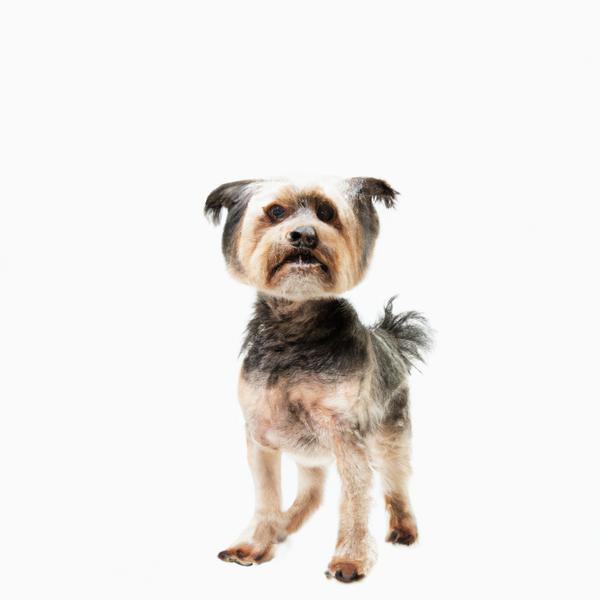
Smooth Torkie
Papi-poo vs Smooth Torkie
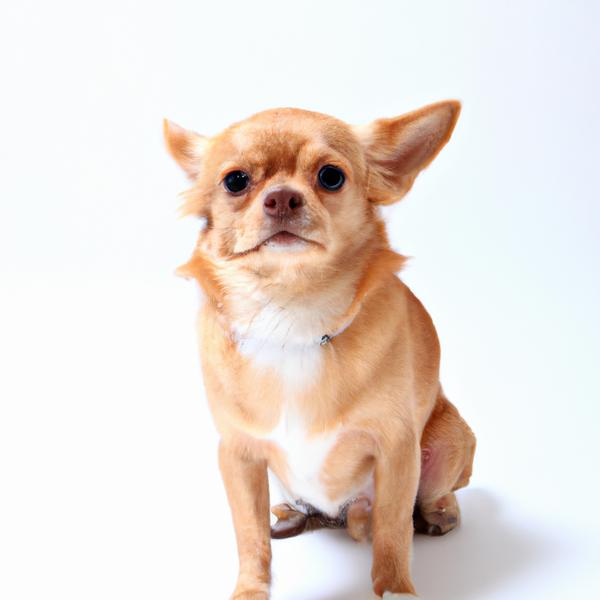
Chi-Chi
Papi-poo vs Chi-Chi
